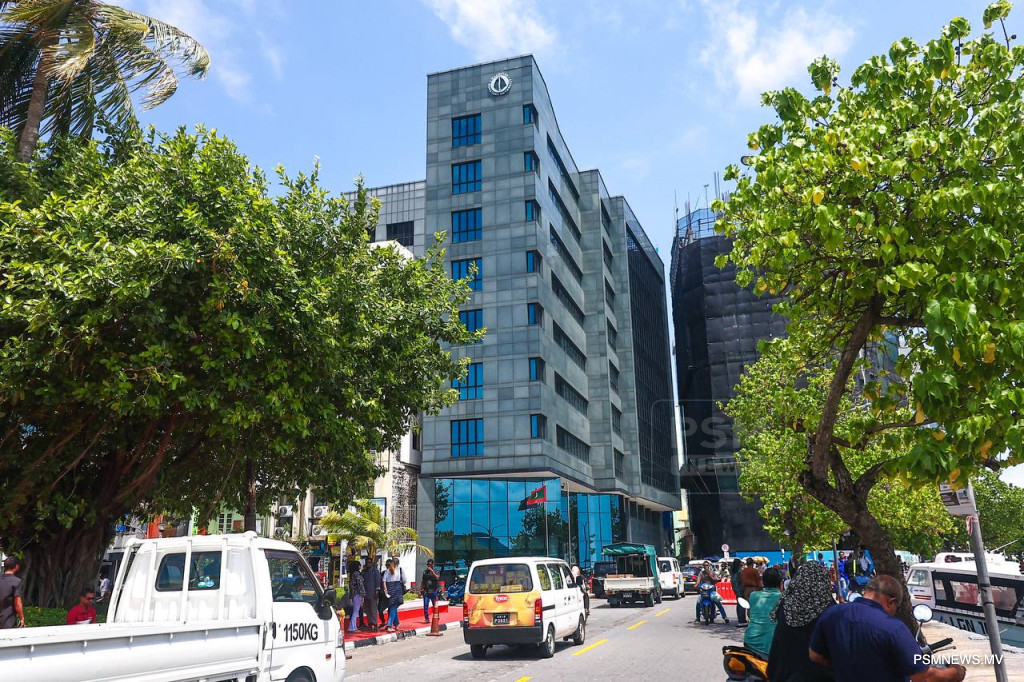
The central bank, Maldives Monetary Authority (MMA) has reported a 60 percent increase in debt repayments from the country’s foreign reserves significantly aided by the reforms brought under the Foreign Exchange Act.
The Foreign Exchange Act, which requires tourism establishments to exchange or deposit their US dollar revenue to local banks, came into effect on 1 January this year. The MMA said the central bank has taken strong measures to curb the unofficial appreciation of the dollar in the black market amid increased efforts for fiscal reforms and to improve the island nation’s foreign reserve.
International credit rating agencies generally use a country’s official reserves as a yardstick to gauge the credit worthiness thus having a big impact on the country's borrowing costs.
According to MMA, the Covid-19 pandemic had severely affected Maldives tourism industry, hampered growth and had a major impact on foreign exchange earnings. Despite a drastic improvement in tourism in 2021, it did not have the desired positive impact on the country’s reserves and had put pressure on the exchange rate or the value of the dollar, the MMA said.
Drain on Official Reserves After the Pandemic
The central bank said spending on fuel imports had been on the rise since 2022. The MMA said the proportion of foreign exchange inflows to Maldivian banks had remained at 33 percent over the past three years before rising to 49 percent last year. The MMA also said that priority had also been given to providing foreign exchange assistance and support, especially to small businesses and essential needs of the public.
The drain on the foreign reserve since 2021 continued until 2024, when the figure dropped to USD 371.2 million in September 2024, the MMA said. With the decline in government reserves, debt as a percentage of GDP had increased in recent years hampering the government’s borrowing ability from international financial markets, it added.
However, the government through its strong fiscal reforms had managed to reverse the slide, MMA said, taking the official reserve to USD 832.4 million in June this year. This improvement had resulted in international rating agencies to maintain their latest credit rating to the Maldives, which also led to an increase in spending on debt repayments, according to MMA data.
Reasons for the increase in reserves
- Increase in foreign exchange earnings from tourism
- Implementation of the Foreign Exchange Act
- Currency swap facility signed with the Reserve Bank of India under the SAARC Framework
The surge in foreign exchange earnings coincides with the year on year increase in tourist arrivals to the Maldives, the key driver of the island nation’s economy. As a result, foreign exchange earnings for the month of July this year increased by 30 percent compared to the same period last year, according to central bank data.
MMA data showed that while 90 percent of foreign exchange earnings go to the central bank, 50 percent of this is used for various government purposes and to increase reserves. This year, USD 212.6 million has been utilised for debt repayment, marking a 60 percent increase compared to the same period last year.
In addition to debt servicing, dollars are also spent on other essential imports, such as fuel and staple foods. In addition, 40 percent of the 90 percent received by the MMA is provided back to banks as market intervention, while the aim is to increase the figure to 50 percent.
